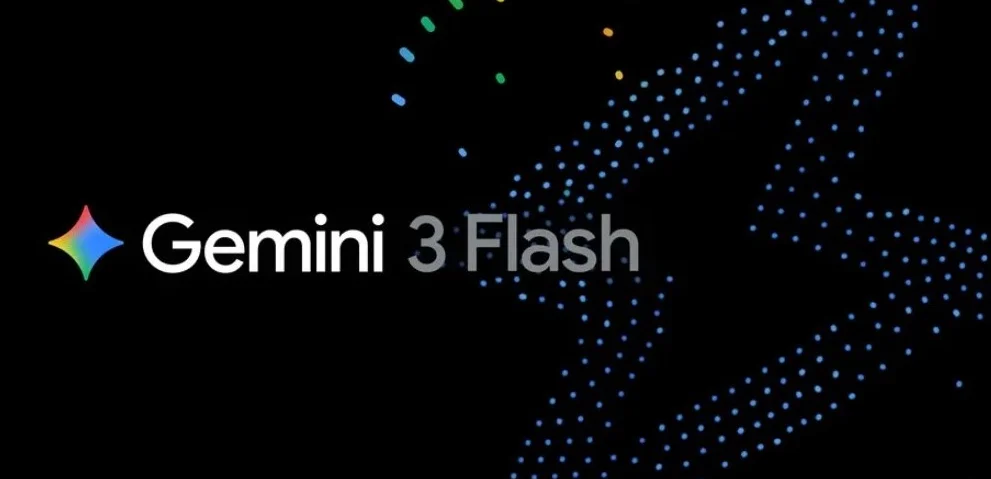When HP acquired Autonomy for £25.50 ($42.11) per share in cash, valuing the company at approximately $11 billion, it was one of the transactions that made the news and stayed in the news for a long time.
It was validation for the Venture Capital industry and for Autonomy and its team.
Earlier investors and the founding team smiled at the bank. It was an exit that excited the startup industry until its imminent failure became public knowledge.
When it failed, it stayed in the news for a very long time because of the players and also because of the Big 4 consulting firm that conducted the due diligence on behalf of HP.
The news that a transaction worth billions fell apart because financial irregularities conducted by the company and its executives were not observed and called out during due diligence.
Africa recently had its own share of these financial horror movies. Dash, a fintech startup in Ghana, faced similar scrutiny.
The company, which had raised over $32.8 million in venture funding, abruptly shut down operations in 2023 after discrepancies emerged in their reported transaction volumes and user metrics.
Investors discovered significant gaps between the company’s stated performance and actual operational data, leading to the closure of what was once considered a promising African fintech startup.
The loss of value at Dash could have been avoided if investors had paid attention to due diligence details; most of Dash’s investors and shareholders mentioned things were off and there were gaps they missed. Dash would later shut down.
Another news story about startup fraud in the technology and venture capital industry that rocked the venture industry is the acquisition story of Javice by JP Morgan.
A twenty-six-year-old female founder sold her business to JP Morgan on the back of the 4 million customers she had acquired in her student lending business. JP Morgan was impressed by the number of customers she had sought to acquire her business.
Post-acquisition, it was discovered that the customers she was alleged to have were not real customers but false names. JP Morgan sued and sought to recover the money paid for the sale of Javice.
More recently, a founder who raised $10Million on false financials was caught when she fabricated revenue figures and customer contracts during a subsequent funding round.
Africa has not seen a lot of startup fraud.
However, I must add that here the reason why this might be the case is a result of the paucity of data for many things in the region.
In some cases, shame also factors in, and many investors would rather not be seen to have a fraudulent company and so prefer to keep the news under wraps, protecting themselves and invariably, the founders who committed them.
In the US, the SEC has also been instrumental in bringing many of these issues to light and publicly announcing when fines or penalties are levied against businesses and individuals who break securities law.
A good example here is the US SEC’s case against Tingo Inc. and its founder, Dozie Mmobuosi for securities and financial fraud. Tingo largely operates in Nigeria but was not reviewed or evaluated for possible financial fraud.
Another perspective that is often the case here is when the fraud is committed by an employee and not the business owners. From our experience, this usually stems from a lack of internal control, processes and compliance measures. Employees see the loopholes and gaps in the processes and take advantage of them to make extra cash for themselves. We have seen this happen many times and fortunately caught it before it became too severe for the business.
What did these Investors Miss?
One of the reasons investors ignore Due diligence or neglect to conduct detailed due diligence is the cost.
Sometimes, investors compare the size of the deal to the amount they are investing and decide it is not worth it. Sometimes, it is because investors invest based on trust and believe that the founders are not capable of committing fraud.
Other times, it is a result of the amount of time it would take to complete the Due diligence process and wanting to move fast on the transaction so as not to lose momentum or seem “founder-friendly.”
In many cases, the dangers and impact of not conducting due diligence far outweigh the benefits of conducting them.
















